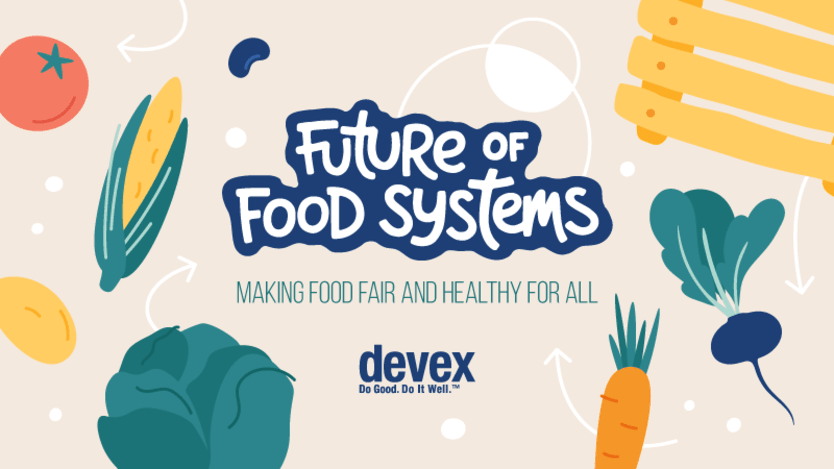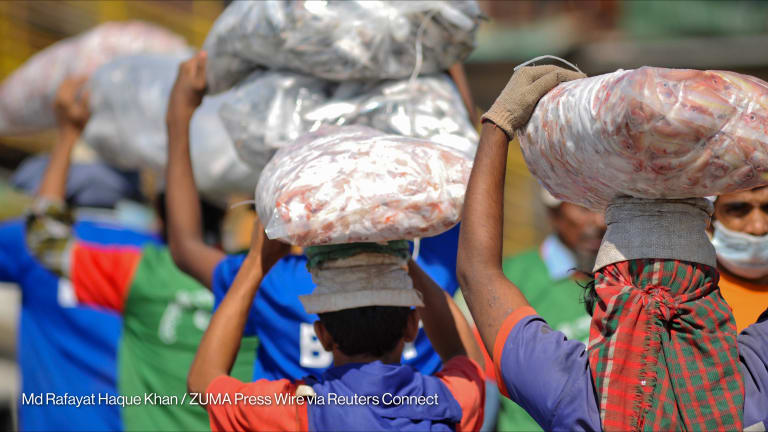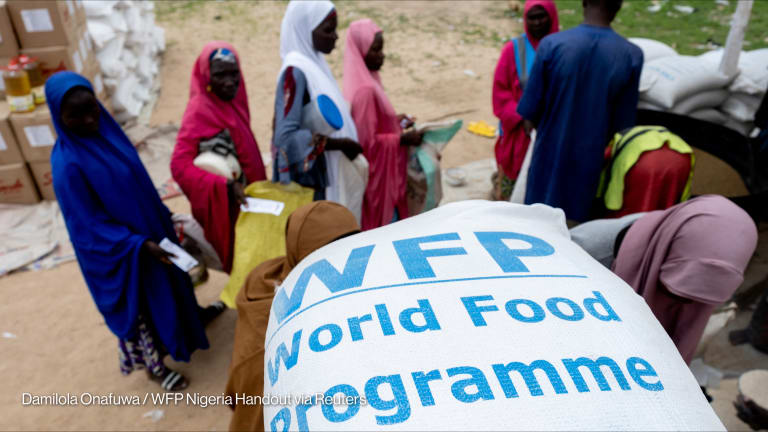With the U.N. Food Systems pre-summit just around the corner, a multitude of solutions about how to fix food systems are currently being proposed.
Part of our The Future of Food Systems series
Find out how we can make food fair and healthy for all. Join the conversation using the hashtag #FoodSystems and visit our The Future of Food Systems page for more coverage.
One group of stakeholders who have not been prominent in the pre-summit discussions to date are governments.
Yet governments are needed to support smallholder farmers and those at the start of the food chain. Smallholder farmers in low- and middle-income countries are crucial for sustainable food supply, whether domestically or for export.
Many of these farmers may not be able to provide enough food for themselves and their families. They may struggle to have a reliable income, to achieve secure land tenure, and to have access to resources to maintain their land sustainably.
Four case studies from Madagascar, Colombia, India, and the Philippines, show how local and national governments can help. By creating and strengthening local supply chains, institutionalizing organic farming practices through policy and legislation, subsidizing or waiving expensive certification costs, and helping to create new markets for specific products, governments can support smallholder farmers in a variety of ways.
Watch the entire food policy video series to learn more.
Visit the Future of Food Systems series for more coverage on food and nutrition — and importantly, how we can make food fair and healthy for all. You can join the conversation using the hashtag #FoodSystems.









